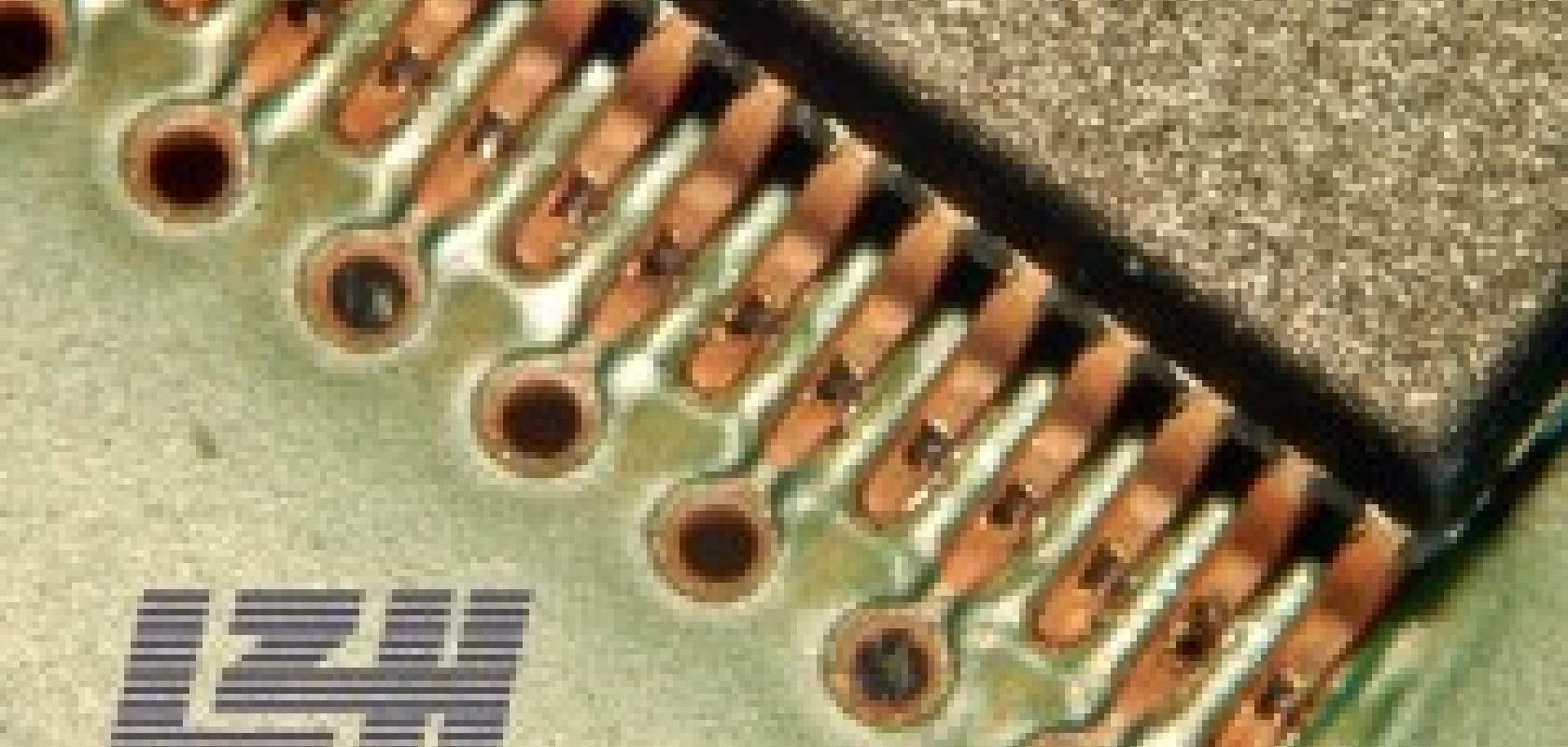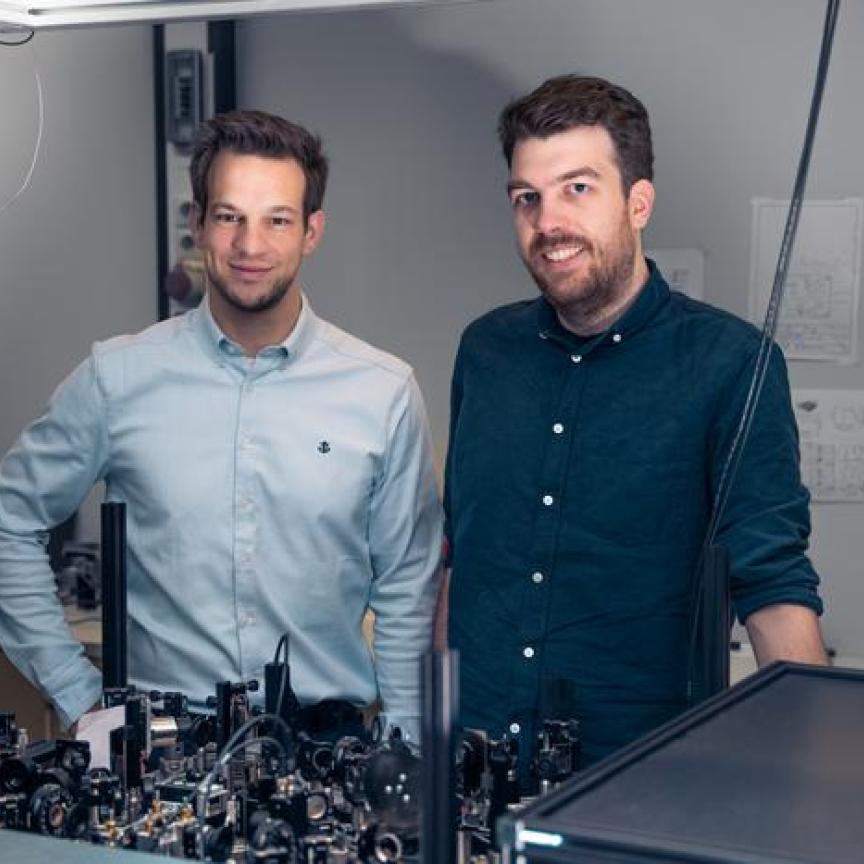Laser Zentrum Hannover (LZH) has revealed details of its recently developed laser pre-pulse module, which it says can initiate copper welding processes with a 100 per cent success rate. The laser is small and inexpensive, and has come about as the result of process development work at the LZH. According to its developers, the pre-pulse module will prove useful in automated micro-processing tasks, such as where surface-mounted devices must be connected to printed circuit boards.
Copper alloys are often found in electronics, sensors and precision engineering applications. In such applications, laser microwelding is able to meet the demanding specifications required in terms of low heat input and low mechanical stress introduced by spot welds. However, the high reflectivity of non-ferrous metals has meant that it has been historically difficult to get good, repeatable welding results without resorting to complex surface treatments or manual control.
Researchers at the Department of Production and System Technology at the LZH have developed a new microwelding process that uses a laser pre-pulse with a peak output of no more than 1MW and a pulse length of only a few nanoseconds to initiate the welding process. This short-pulsed, solid-state, frequency converted laser pulse has a high degree of absorption, and provides stable conditions for the subsequent high-output welding using a conventional IR laser. The welding energy can be easily controlled after pre-pulsing.
The LZH researchers have experimented with welding an 80µm thick, 2mm wide copper band using a prototype system supplied by neoLase, producing consistently good welds results after 200 repetitions. Researchers are now looking at expanding the process window, by altering the weld spot diameter, for example, to reduce the laser output power by up to 40 per cent, which would result in energy savings for the welding process overall.
The developments took place within the framework of the Supreme SME-innovation project, which was financed by the BMBF (German Federal Ministry of Education and Research) under supervision of the PTKA-Project Management Agency Karlsruhe.


